64-65 “The Mountaineer’s Courtship” and “The Spanish Merchant’s Daughter” by Mr & Mrs Ernest V. Stoneman
9June 20, 2012 by gadaya
Ernest Stoneman’s World
Ernest and Hattie Stoneman: “The Mountaineer’s Courtship” (recorded on May 12, 1927) & “The Spanish Merchant’s Daughter” (recorded on October 31, 1928, with Bolen Frost on banjo and Uncle Eck Dunford on fiddle)
It’s only justice that Harry Smith included two tracks by Ernest Stoneman on his  Anthology of American Folk Music as he was certainly an important but somehow forgotten figure of the early days of country and old-timey music on records. He and his vast family recorded in various combinations more than 300 sides between 1925 and 1934, a vast repertory of old and new country songs, topical ballads, sentimental and religious numbers and old-time dance music.
Anthology of American Folk Music as he was certainly an important but somehow forgotten figure of the early days of country and old-timey music on records. He and his vast family recorded in various combinations more than 300 sides between 1925 and 1934, a vast repertory of old and new country songs, topical ballads, sentimental and religious numbers and old-time dance music.
Ernest Stoneman’s first recording was also his first (and only) hit, a version of the topical ballad about the sinking of the Titanic, sung with Autoharp and with a harmonica held on a rack, a novelty accompaniment for the time.
“The Titanic” (January 8, 1925)
 In the summer of 1927, “Pop” Stoneman acted as a talent scout and helped Ralph Peer conduct the famous Bristol Sessions, where two of the most famous early country acts, Jimmie Rodgers and The Carter Family, were discovered. There, he recorded with his Dixie Mountaineers mostly religious songs.
In the summer of 1927, “Pop” Stoneman acted as a talent scout and helped Ralph Peer conduct the famous Bristol Sessions, where two of the most famous early country acts, Jimmie Rodgers and The Carter Family, were discovered. There, he recorded with his Dixie Mountaineers mostly religious songs.
“Sweeping Through The Gates” (July 25, 1927)
Originated from a rich musical area of the Appalachian mountains, the Galax area of Virginia and a carpenter by trade, Ernest Stoneman had to move with his large family (he and Hattie had 23 children but only 13 survived to adulthood) to Washington D.C in 1932 after losing his home and most of his possessions. In 1941, Stoneman bought a lot in Carmody Hills, Maryland, where he built a shack for the family and eventually obtained a more or less regular job at the Naval Gun Factory. In 1947, the Stoneman Family won a talent contest at Constitution Hall that gave them six months’ exposure on local television. In 1956, Pop won $10,000 on the NBC-TV quiz show The Big Surprise and sang on the show as well. That same year, the Blue Grass Champs, a group composed largely of his children, were winners on the CBS-TV program Arthur Godfrey’s Talent Scouts, and Mike Seeger recorded Pop and Hattie for Folkways. (from Wikipedia) –Read here for a fuller biography of Ernest Stoneman and his family
In 1934, in the midst of The Depression years and struggling with poverty, Ernest Stoneman recorded again a song he already did in 1928.“All I Got’s Gone” (January 9, 1934, with Ben Stoneman on banjo)
–Go here for a complete discography
–And here’s an interesting page about the Stonemans on Cowboy Jack Clement Website
A great way to learn more about Ernest Stoneman and hear some of his best early recordings is to get the superb 2CD compilation “Ernest V. Stoneman: The Unsung Father of Country Music 1925-1934” issued by 5-string Productions
Let’s hear another fine duet by Pop and Hattie Stoneman before we discuss the two  songs they sing together on the Anthology.
songs they sing together on the Anthology.
“Too Late” (November 1, 1928)
The Courting Songs Variations
“The Mountaineer’s Courtship” and “The Spanish Merchant’s Daughter” belong to the same family of courting songs, built upon an humorous dialogue between a man and a woman, around the themes of courtship and marriage. This type of songs are numerous in many folk traditions around the world and were widespread in the Southern appalachian mountains.
“The Mountaineer’s Courtship”, known also under the titles “My Dear Old Mountain Boy”, “Buffalo Boy” or “Reckless Boy” has its origin in an old British ballad from the 17th century called “Nicol O’Cod” (see here the whole discussion on the Mudcat page).
In a true “folk process” manner, the last lines from the Stonemans version are verses from a famous children folk song “The Old Grey Goose”, linked to the previous song by the name “Sally”.
Here are the lyrics:
Oh, when are you coming to see me?
To see me, to see me?
Oh, when are you coming to see me,
My dear old reckless boy?I expect I’ll come next Sunday.
Next Sunday, next Sunday.
I expect I’ll come next Sunday,
If the weather is good.Oh, how long you think you’ll court me?
You’ll court me, you’ll court me?
Oh, how long you think you court me,
My dear old reckless boy?I expect I’ll court you all night.
All night, all night.
I expect I’ll court you all night,
If the weather is good.Oh, when do you think we’ll marry?
We’ll marry, we’ll marry?
Oh, when do you think we’ll marry,
My dear old reckless boy?I expect we’ll marry in a week.
In a week, in a week.
I expect we’ll marry in a week,
If the weather is good.Oh, what’re you gonna ride to the wedding in?
To the wedding in, to the wedding in?
Oh, what’re you gonna ride to the wedding in,
My dear old reckless boy?I expect I’ll bring my log sled.
My log sled, my log sled.
I expect I’ll bring my log sled,
If the weather is good.Oh, why not bring your buggy?
Your buggy, your buggy?
Oh, why not bring your buggy,
My dear old reckless boy?My ox won’t work to the buggy.
To the buggy, to the buggy.
My ox won’t work to the buggy,
‘Cause I’ve never seen him try.Oh, who’re you gonna bring to the wedding?
To the wedding, to the wedding?
Oh, who’re you gonna bring to the wedding,
My dear old reckless boy?I expect I’ll bring my children.
My children, my children.
I expect I’ll bring my children,
If the weather is good.Well, I didn’t know you had any children.
Any children, any children.
Well, I didn’t know you had any children,
My dear old reckless boy.Oh, yes I have six children.
Six children, six children.
Oh, yes I have six children,
Joe, Jim, John, Sally and the baby.Run and tell aunt Sally,
Aunt Sally, aunt Sally,
Oh, run and tell aunt Sally,
The old gray goose is dead.The one that she’s been saving,
Been saving, been saving,
The one that she’s been saving,
To make her feather bed.
 I found a few other versions of this song, mostly from the days of the folk revival, when Courting songs became popular again among young folk singers. It’s followed by a version of the “Old Grey Goose” by The Carolina Tar Heels.
I found a few other versions of this song, mostly from the days of the folk revival, when Courting songs became popular again among young folk singers. It’s followed by a version of the “Old Grey Goose” by The Carolina Tar Heels.
- The Mountaineer’s Courtship Peggy Seeger & Guy Carawan Folk

- Buffalo Boy Glenn Yarbrough Early Freak Folk
- Buffalo Boy Sam Hinton How The West Was Won
- Buffalo Boy Bergerfolk Sing of Sunshine and Rainbows
- Buffalo Boy Theodore Bikel Bob Dylan’s Greenwich Village
- The Old Grey Goose Carolina Tar Heels Mountain Frolic: Rare Old Timey Classics
One can trace the origins of “The Spanish Merchant’s Daughter” also to England (and the melody to Spain?) with ballads like “The Tarry Trousers” or “Oh No John” which have similar themes. The song was attributed to a composer named A.M Wakefield but it probably derived from an old broadside based on the older british folk ballads mentioned above.
Lyrics
Father was a Spanish Merchant and before he went to sea,
Made me promise to say “no sir” to all you say to me.
No sir, no sir, no sir, no sir.I know your father was against me. Should he not return from sea,
And they say you have no mother, would you then say no to me?
No sir, no sir, no sir, no sir.Yes, I know I have no mother. Should father not return from sea,
Then you see I have a brother who would take good care of me.
No sir, no sir, no sir, no sir.If we were walking in the garden, plucking roses wet with dew.
Would you be in any way offended if I walked and talked with you?
No sir, no sir, no sir, no sir.I know the world is very cruel, if you have no one to care.
But I always will say no sir until from father I do hear.
No sir, no sir, no sir, no sir.As we tarry in the garden and I linger by your side,
Would you tell me I must leave you and refuse to be my bride?
No sir, no sir, no sir, no sir.
No sir, no sir, no sir, no no!
Let’s listen to some variations, which includes two versions of the old british ballad  “Tarry Trousers” (one by English folk singer Frankie Armstrong, the other by the great american musician Jody Stecher), a version of “Oh No John” by baritone-concert singer Paul Robeson and Jean Ritchie and Cathy Taylor singing their version of “The Spanish Merchant’s Daughter” (or more simply “No Sir” as they call it).
“Tarry Trousers” (one by English folk singer Frankie Armstrong, the other by the great american musician Jody Stecher), a version of “Oh No John” by baritone-concert singer Paul Robeson and Jean Ritchie and Cathy Taylor singing their version of “The Spanish Merchant’s Daughter” (or more simply “No Sir” as they call it).
- Tarry Trousers Frankie Armstrong Lovely On The Water

- Tarry Trousers Jody Stecher Song Links 2
- Oh, No, John Paul Robeson Love at My Heart
- No Sir, No! Cathie Taylor The Tree Near My House – Folk Songs & Ballads
- No Sir Jean Ritchie Precious Memories

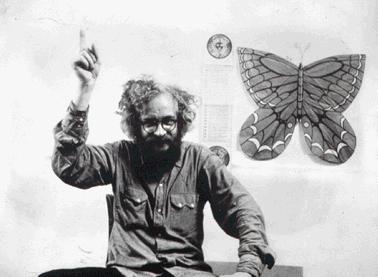







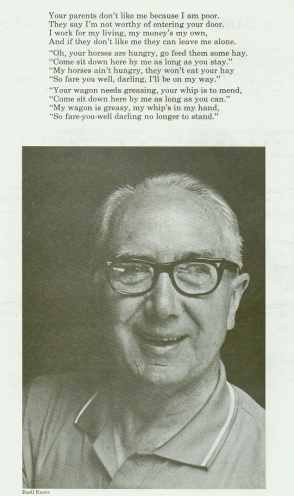
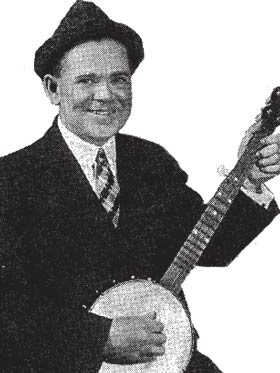
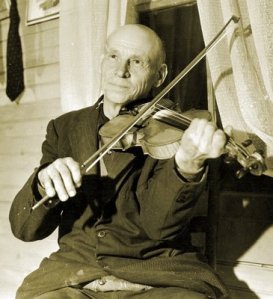


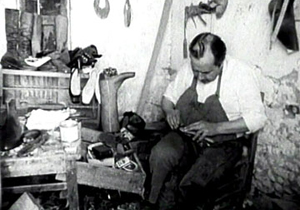
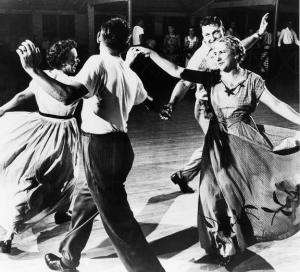




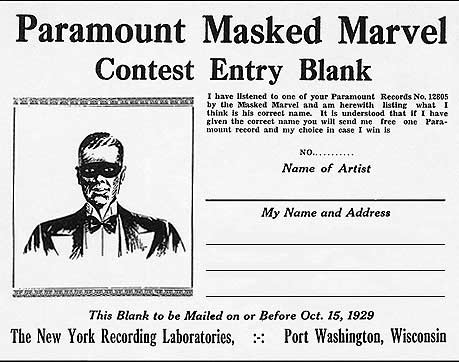

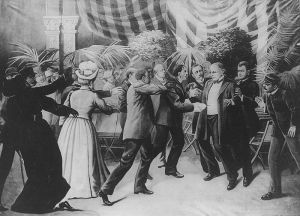





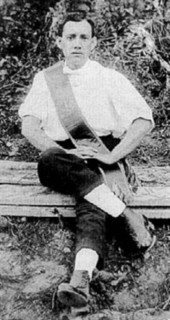
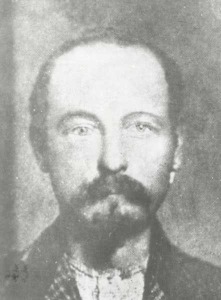
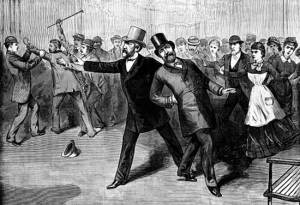
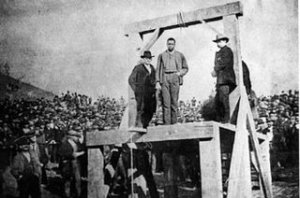
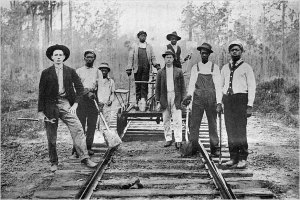







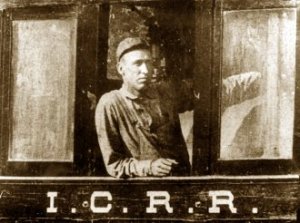





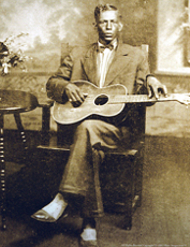
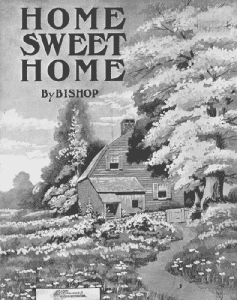



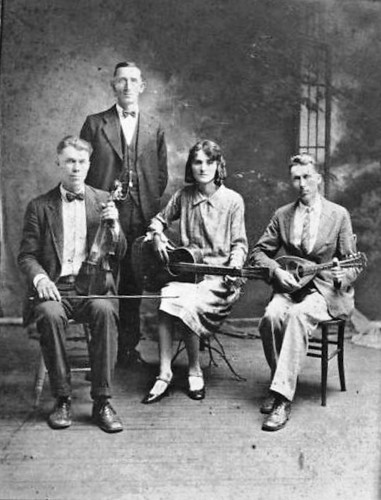




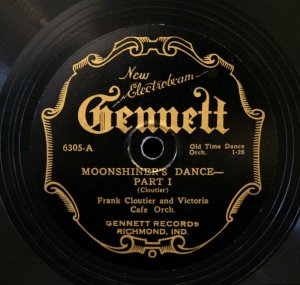











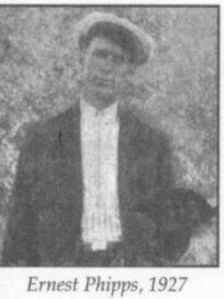






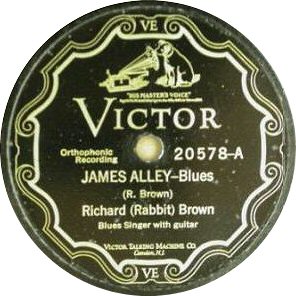
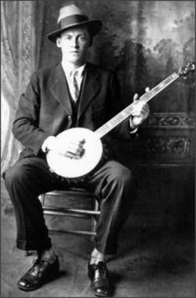


Dear Gadaya: I’ve clicked on Harry, but nothing happens…some linkage not working? Thanks, dennis
Thanks, you are, literally, the best.
Merci encore pour ce superbe boulot !
Et bravo pour votre site, où on apprend tant et où on découvre tant de belles choses !
Thankyou for this. I have a track of Ernest Stoneman’s called “Bile dem Cabbage Down” which is an old favourite of mine. Great to read more of the man and his music.
Thanks for the latest two entries. And for the point in the direction of the two cd set. Ernest Stoneman is not easy to come by!
Thank you for these great posts. I am really enjoying the Ernest Stoneman songs,
Thanks! Brilliant work on your part. I love the variations.
Jim
Uh-oh,I seem to have missed this one and now the link is saying “permission denied” — any chance of a re-up?
And, of course, continued thanks for this wonderful enterprise!
the spanish merchant is one of my favorite song of the anthology because of the weird singing by Mrs ernest von stoneman